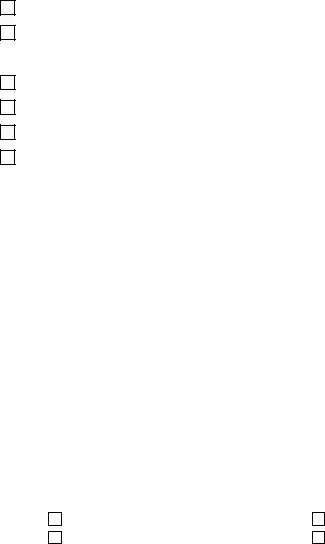Blank North Carolina 21 PDF Form
The North Carolina 21 form is an official document used within the State's General Court of Justice, specifically in the Union County District Court Division, to request a waiver from court-ordered custody or visitation mediation and the Parenting Apart Program. This request can be made for several reasons, such as mutual agreement on private mediation, geographical constraints, allegations of abuse or neglect, and claims of substance abuse or severe psychological issues among others. It plays a crucial role in family law proceedings, offering a legal pathway to address complex situations concerning the welfare of children.
Modify North Carolina 21 Online
Blank North Carolina 21 PDF Form
Modify North Carolina 21 Online
Modify North Carolina 21 Online
or
↓ North Carolina 21 PDF
Finish your form while it’s open
Finish North Carolina 21 online using simple edit, save, and download steps.
